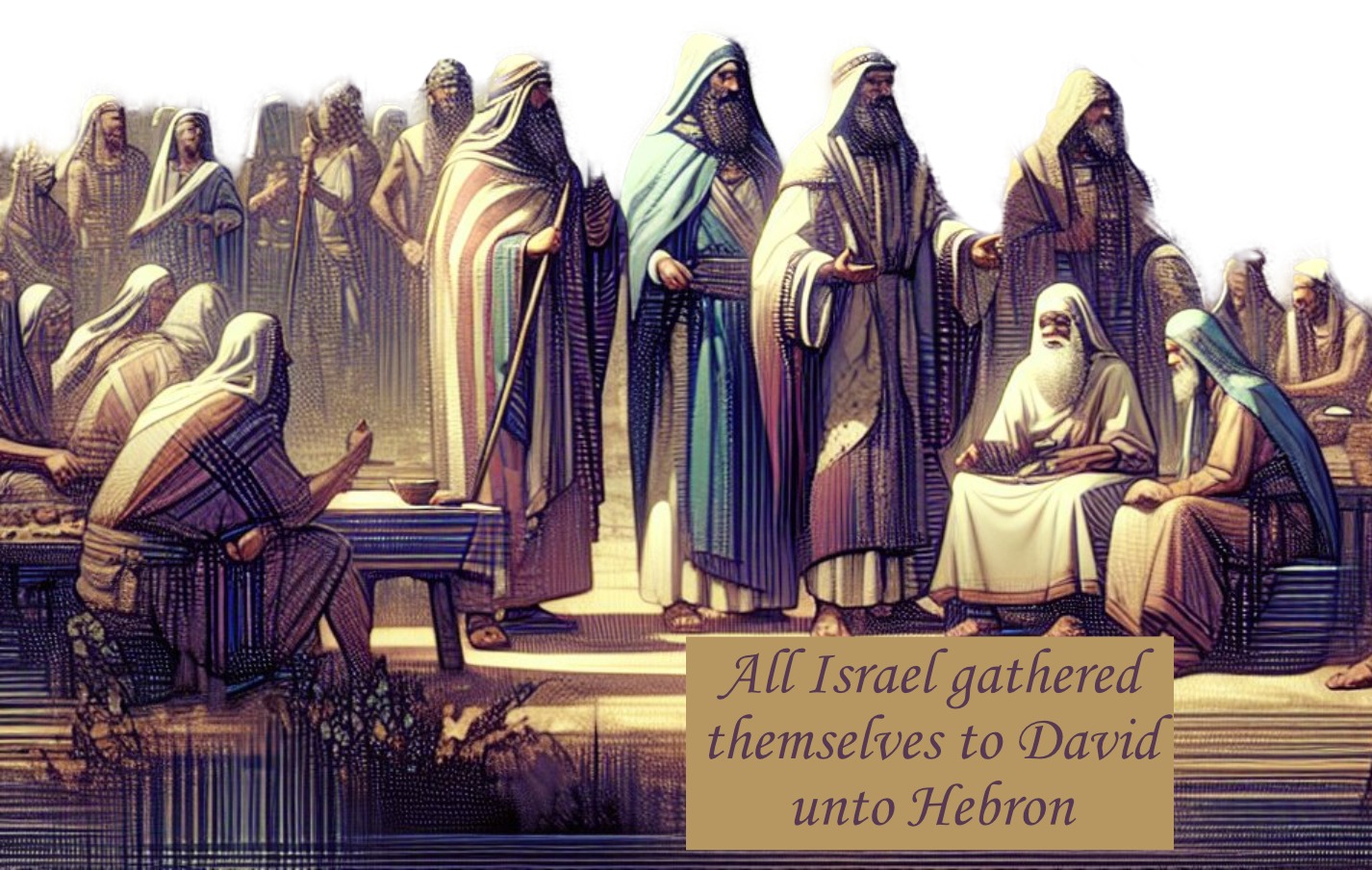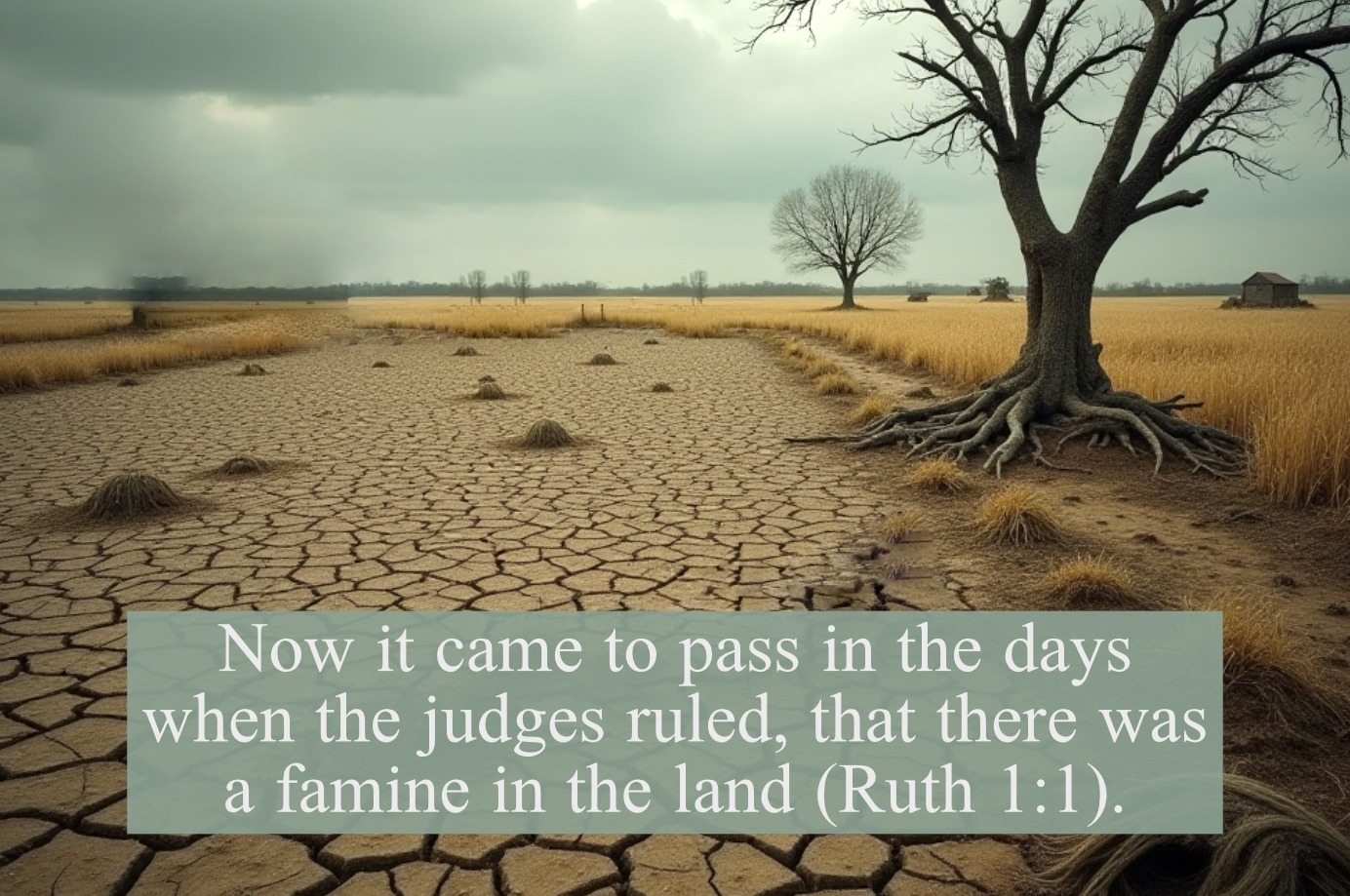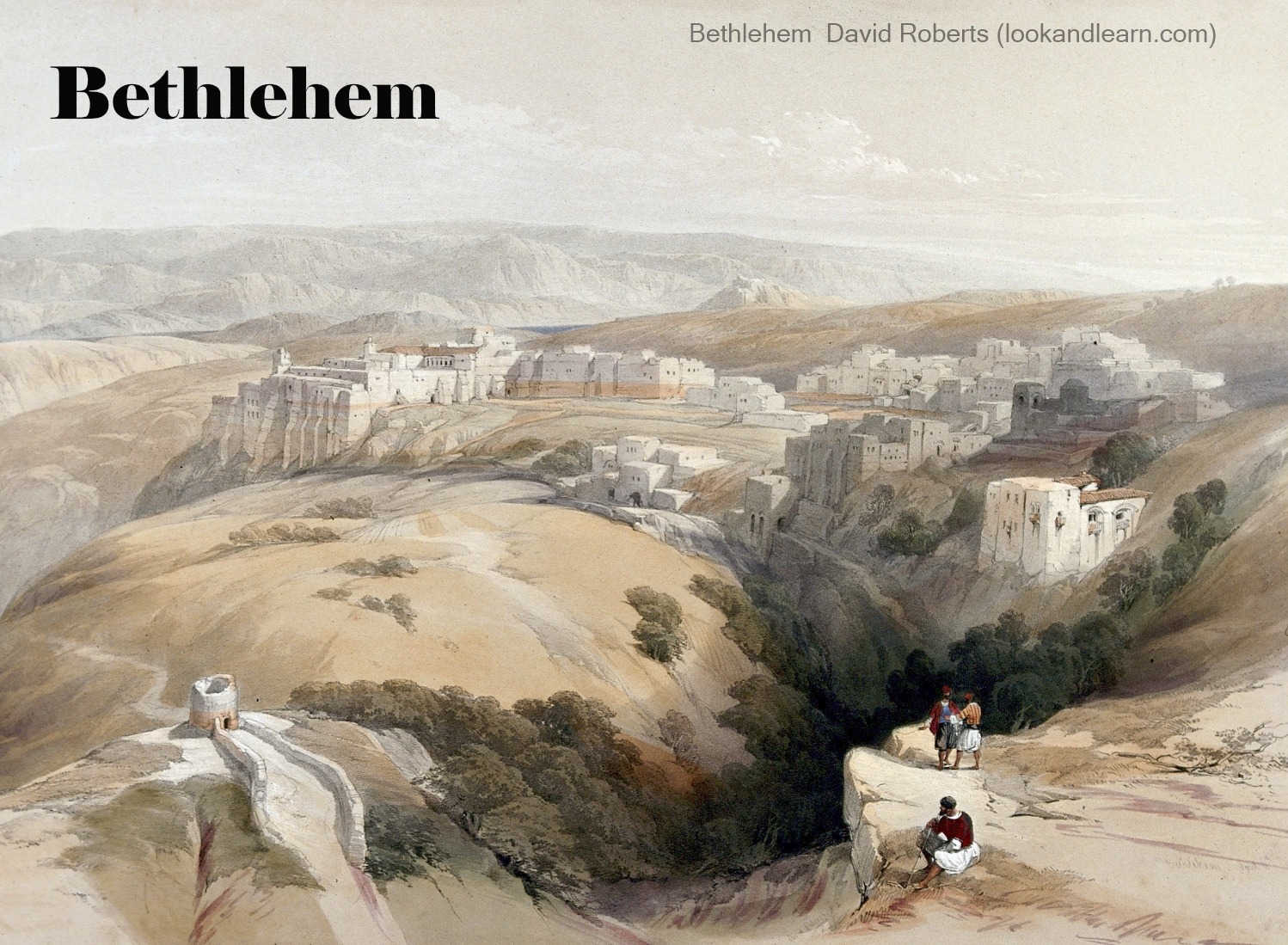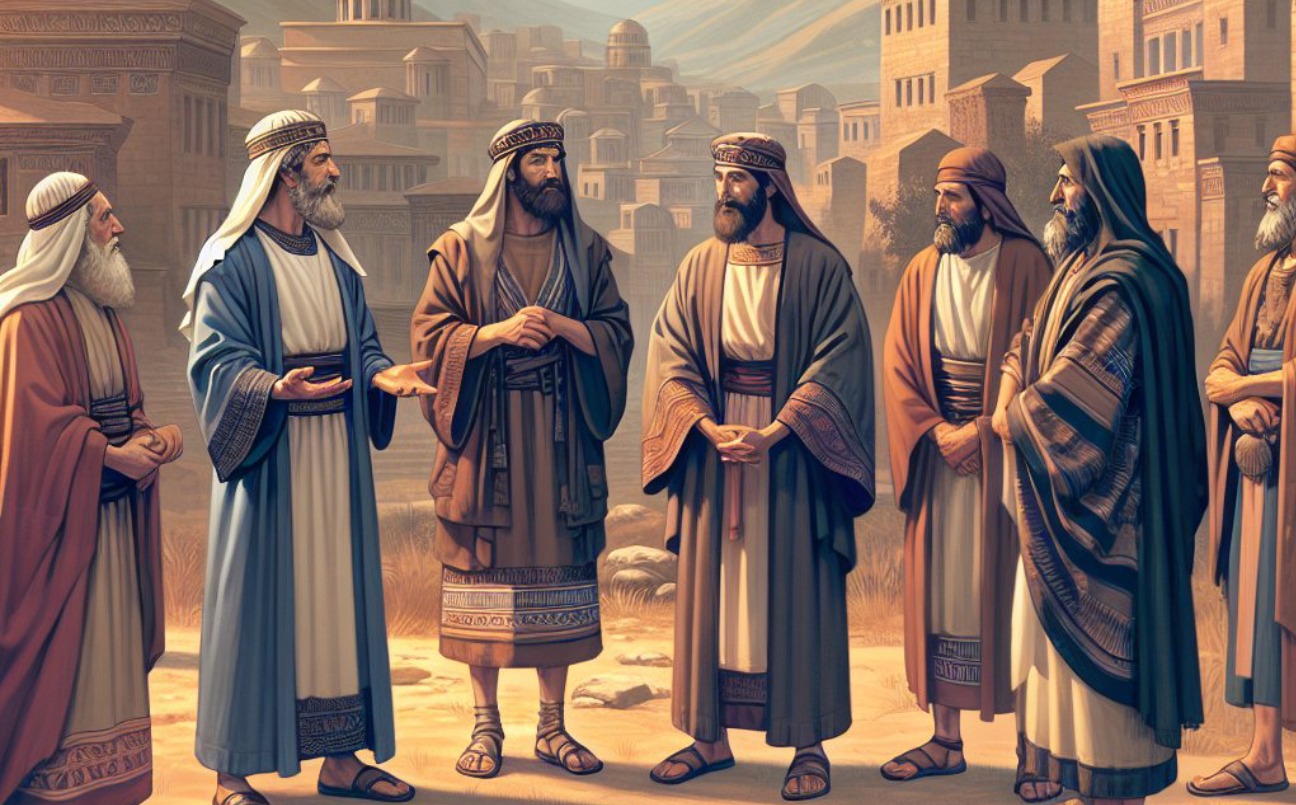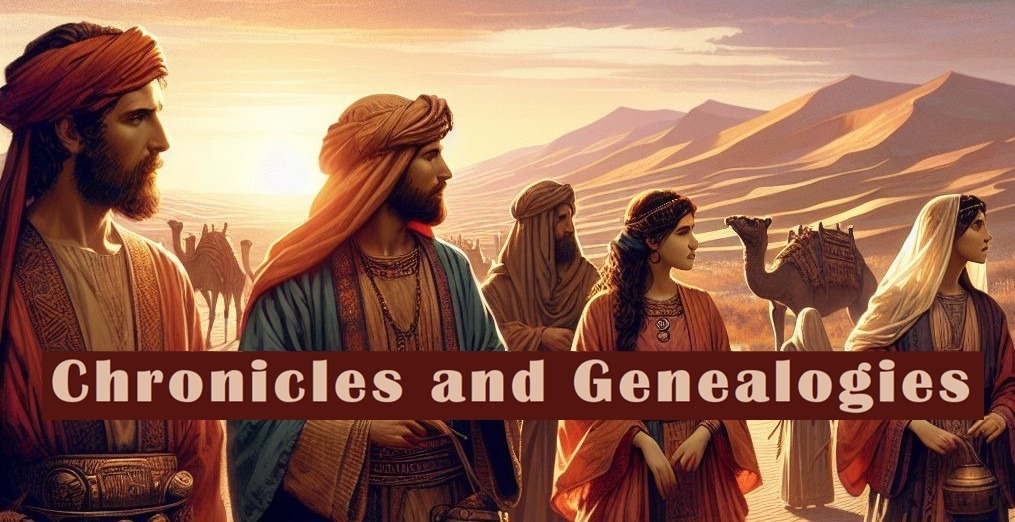Romans 1-5: A Paraphrase by Brother John Martin (4)
Romans 3
v21. As a matter of fact, not that it is different from the Law in that sense, but the very Law itself witnessed, along with the prophets that there was to come another form of righteousness which the Law could not give mankind. The Law then is not in opposition to God. God�…
Romans 1-5: A Paraphrase by Brother John Martin (4) Read More »

